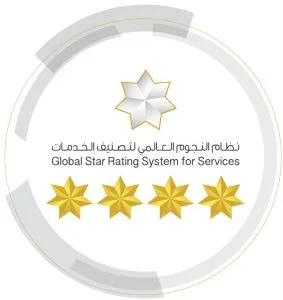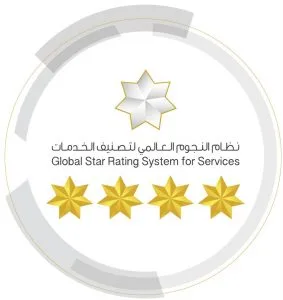Are Our Varsities Learning Organizations?
06/05/2014
No doubt we all – fathers and mothers – dream of the day our children graduate from the university and find their own way in life through a prestigious job worth their and our efforts. The role of universities is vital in supplementing the national economy with educated human resources that add value. In order for the universities to play this role, they have to keep pace with the new trends that we see in every sphere. There is an astounding boom in technology and communication in the media. From my experience in four universities earlier, I feel that the universities are far removed from keeping pace with the tremendous developments that we pass through. And what is the impact of this detachment on the ground?
The graduates that come out of the universities are not equipped for the job market. Companies do not want to employ them, not merely on account of lack of experience, but because they lack the basic skills, such as solving problems or even writing their own CVs. I have seen the CVs of many post graduates and Ph.D. holders, reflecting poorly on their capacities. As the saying goes, one who lost something cannot give the same. The universities cannot provide effective educational experience benefitting the graduates and the job market, since these universities themselves lack the basics of learning!
I see that there are many opportunities for improving the way the universities are run. They need to transform themselves to learning organizations, benefitting from the experiences of their employees and other. There is also a pressing need to develop the role of the authorities that grant licenses and academic accreditations, especially those dealing with private universities that focus only on profits without allocating real resources for scientific research. Concerned entities can benefit from the experiences of collaboration between universities and business houses. Similarly, more flexible legislations can be passed, allowing universities to be held by businesses. There are success stories in Finland and Scotland, both of which achieved universally acclaimed success. A country like Scotland with 19 universities is home to 28% of all start-up companies in Great Britain. Likewise, the quality of varsity graduates from Scottish universities has begun to attract foreign investment to Scotland, with the result that the contribution of universities toward the economy has reached more than 6%.
We need to learn from this kind of experiences so there is a mechanism to follow the work progress and measure advantages, instead of confining to mere visits and protocol-dictated memoranda of understanding. Not necessarily a ‘cut and paste’ job, but we can tailor these experiences to our culture and context in our environment. Let us follow our prophet, may Allah bless him and greet him, who said: “Whoever hits a road and seeks knowledge therein, Allah will make his road to heaven smooth.”




Give us your rating